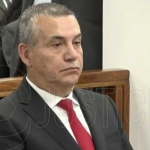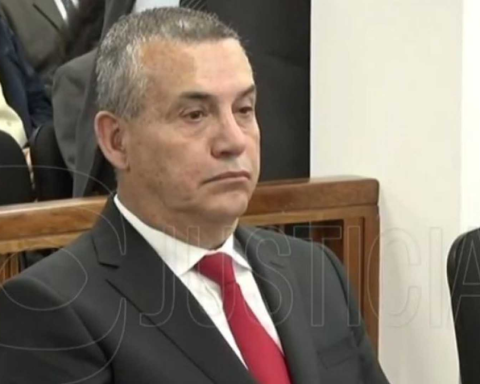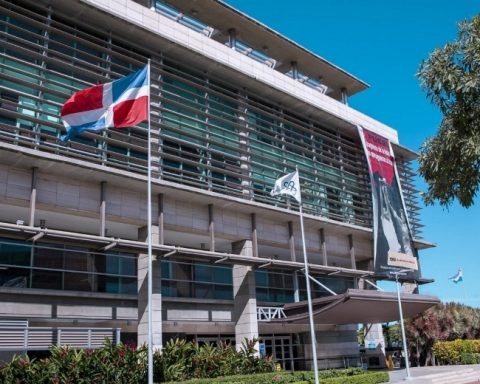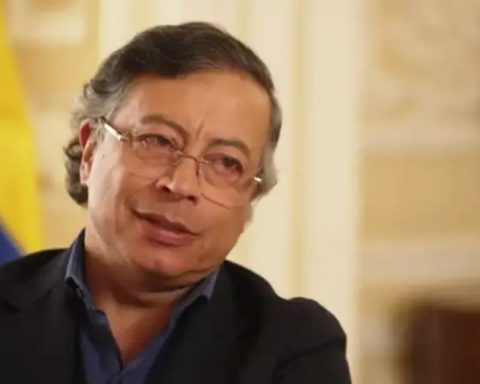July 22, 2022, 11:00 PM
July 22, 2022, 11:00 PM
Cuban President Miguel Díaz-Canel acknowledged this Friday that in some towns on the island protests are taking place over power blackouts, and he asked for “understanding” and “savings” in the face of a situation that has no “immediate” solution.
“There are some people who, to express their discomfort and their misunderstanding, which is legitimate because they are experiencing a situation of affectation, go to the banging of the pot, shout expressions against the leaders,” Díaz-Canel said in a regular session of the National Assembly (Parliament) which analyzed the “extremely complex situation” facing the country in terms of electricity generation.
“Some take advantage of the occasion to say some slogan against the revolution” and “others participate in acts of vandalism and throw stones, break windows,” the president added.
“Those who act in this way (…) are responding to what the counterrevolution wants and what those who have blocked us want,” he said in direct reference to the United States.
Local authorities confirmed a week ago that a group of people carried out an unusual protest with cauldrons in Los Palacios, a town in western Cuba, in the middle of the night due to a blackout. Videos showing the irritation of dozens of residents circulated on social networks.
According to independent media, Similar protests took place Thursday night in Jagüey Grande, in Matanzas province, and in Sagua la Grande and Caibarién, in Villa Clara.
“It hurts us, it upsets us that the population has to go through this situation,” and “we ask the people for their understanding, and to be sure that no one puts out blackouts here to annoy anyone,” said Díaz-Canel.
He specified that the country currently has “less generation capacity” for electricity than what it demands, to which is added that, in recent days, of great heat on the island, “demand has risen” to a “record” figure. .
Cuba, which is going through its worst economic crisis in three decades, with a growing shortage of food, medicine and fuel, has also faced difficulties in supplying electricity to the country since May and daily reports scheduled blackouts at times of greatest demand.
Several of its thermoelectric plants have suffered breakdowns, including two fires, or are undergoing maintenance.

















